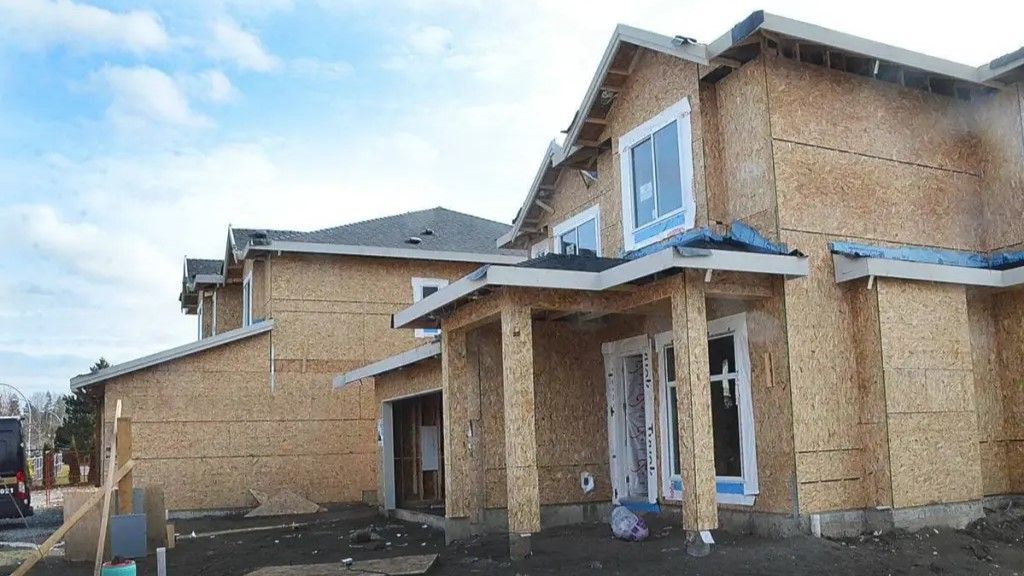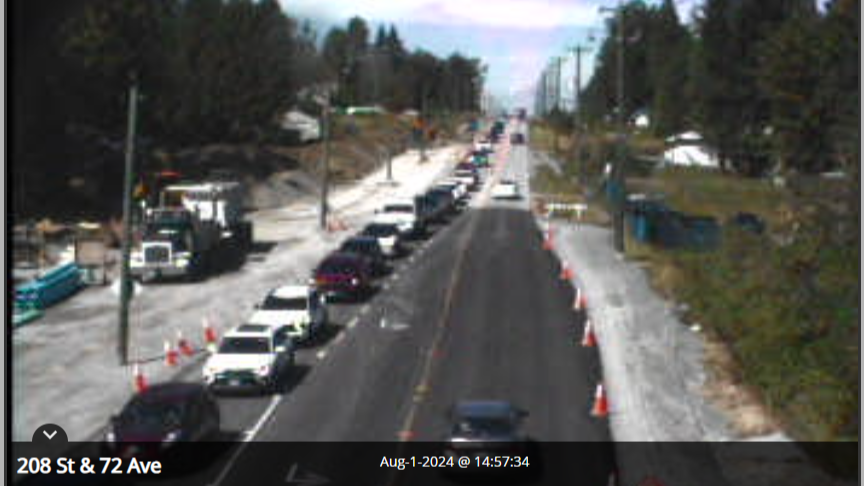Joint Tenants or Tenants in Common
Irina Bartnik Notary Public • March 10, 2020

When you are buying a home, you will be asked by your Notary if you would like to go on Title as “Joint tenants “or “Tenants in Common”.
There is no one simple answer. It will depend on your personal situation and what kind of registration is best for you.
Generally, “ Joint tenants” provides right of survivorship ( no probate needed if one dies). This form of ownership is common between spouses.
“Tenants in common” is more common between friends or group of investors. This is a situation where each Buyer will own certain percentage in a home. This way, when one of them dies, that person’s share will be transferred to their family as per their Will.
There are exemptions in each scenario. Please make sure to carefully discuss this matter with your Notary. In order to get best advice, be up front about your situation and ask a lot of questions.







